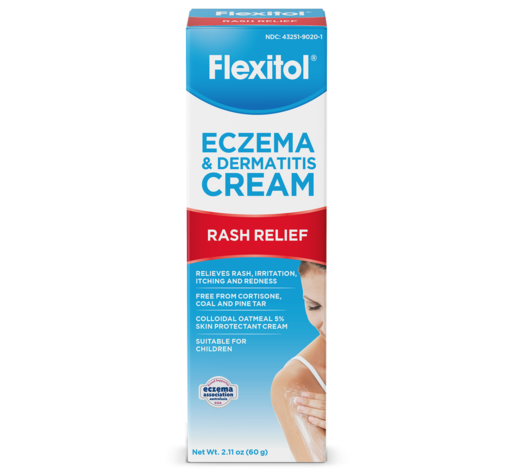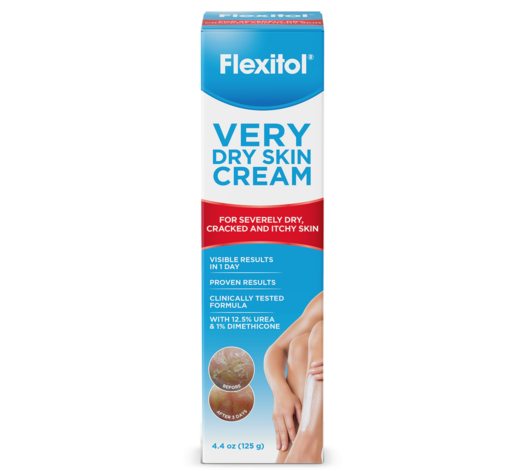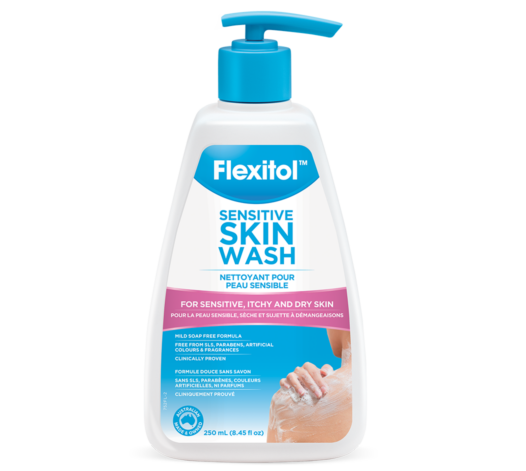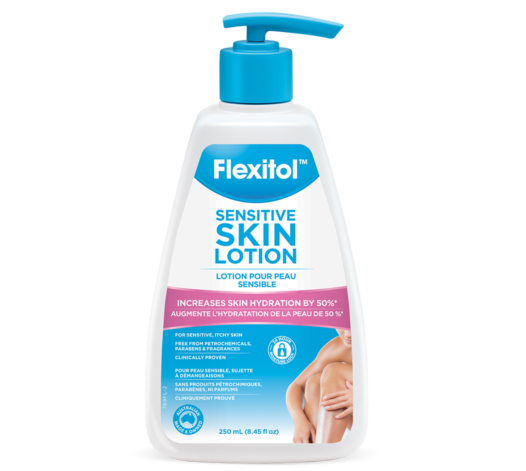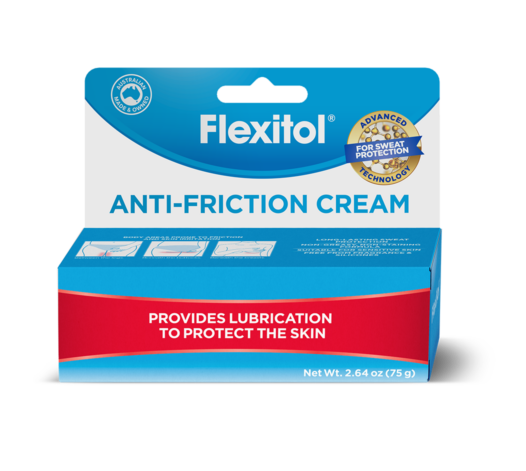7 Reasons You Might Be Sweating Too Much

Area
Daily Use Sweat ControlSweating is crucial for regulating body temperature, but sometimes it may seem like your body’s cooling system is working overtime. If you find yourself frequently mopping your brow or changing sweat-drenched shirts, you might be dealing with excessive sweating. Here are seven reasons why this could be happening, and how Flexitol can help you stay dry and comfortable.
Why do people sweat?
Sweating is an essential body function and acts as a natural air conditioner. When your internal temperature rises, be it from exercise, stress, or external heat, your sweat glands kick into action. They release moisture, which cools your body as it evaporates from your skin. This process not only helps maintain a safe body temperature but also aids in expelling toxins, keeping your skin clean and your body healthy. While sweating is a sign of your body efficiently at work, excessive sweating may be caused by a number of reasons.
1. Genetics Play a Role
If excessive sweating runs in your family, you might inherit this trait too. Genetic predisposition to hyperhidrosis, a condition leading to excessive sweating, is quite common. While you can’t alter your genes, you can manage their effects with the right skincare approach.
2. The Climate Factor
Hot and humid weather significantly increases sweat production as your body tries to cool down. Living in warmer climates or during the peak summer months can exacerbate this natural process. Using sweat control products that aid in moisture control can offer significant relief.
3. Emotional Stress
Anxiety and stress can trigger excessive sweating. This type of sweat, produced by the apocrine glands, is often triggered by emotional stress. This is why you may notice that you sweat more during stressful events or periods of high anxiety. Managing stress through mindfulness techniques, regular physical exercise, or professional therapy can help significantly reduce this type of sweating.
4. Dietary Triggers
Your diet plays a significant role in how much you sweat. Foods that are high in spices, caffeine, and alcohol can increase body temperature and stimulate the sweat glands. For instance, capsaicin in hot peppers triggers a reaction that increases sweating. Similarly, caffeine stimulates the central nervous system and raises heart rate and blood pressure, which can lead to increased sweat production. A balanced diet with plenty of fruits, vegetables, and whole grains can help stabilize body temperatures and reduce sweating.
5. Medication Side Effects
Certain medications, including antidepressants and blood pressure drugs, can increase sweating. If you’ve noticed an uptick in sweating since starting a new medication, consult with your healthcare provider for possible alternatives or solutions.
6. Underlying Medical Conditions
Conditions like diabetes, thyroid problems, or infections can lead to increased sweating. It’s important to consult with a healthcare provider to rule out any serious underlying issues if your sweating seems unusually excessive.
7. Ineffective Antiperspirants
Sometimes, the problem is with your antiperspirant. If your antiperspirant contains irritants or isn’t strong enough to handle your sweat levels, it might be ineffective. Switching to a gentle, yet powerful, deodorant and pairing it with appropriate sweat control skincare products can make excessive sweating more comfortable.
Seasonal Factors for Managing Sweating
Managing excessive sweating effectively requires adapting to seasonal changes:
- Summer: Opt for lightweight, breathable clothing and stay hydrated to help manage increased sweat production.
- Winter: Protect your skin from dry, cold air which can trigger overactive sweat glands. Moisturizing regularly and using products like Flexitol’s Anti-Friction Cream can help.
- Spring and Autumn: Dressing in layers allows for flexible adjustment to fluctuating temperatures, helping keep your skin dry and comfortable.
Read more on managing sweat rash here.
Tips for Reducing & Managing Excessive Sweating
- Stay Hydrated: Drinking plenty of water helps regulate body temperature.
- Choose Appropriate Clothing: Wear loose, breathable fabrics that allow air circulation and reduce sweat buildup.
- Maintain Good Hygiene: Regular washing helps remove sweat and bacteria, try the Flexitol Sensitive Skin Wash to reduce body odor and discomfort.
Seasonal Factors for Managing Sweating
Managing excessive sweating effectively requires adapting to seasonal changes:
- Summer: Opt for lightweight, breathable clothing and stay hydrated to help manage increased sweat production.
- Winter: Protect your skin from dry, cold air which can trigger overactive sweat glands. Moisturizing regularly and using products like Flexitol’s Anti-Friction Cream can help.
- Spring and Autumn: Dressing in layers allows for flexible adjustment to fluctuating temperatures, helping keep your skin dry and comfortable.
Read more on managing sweat rash here.
Flexitol’s Anti-Friction Cream: A Trusted Solution
For those struggling with excessive sweating, Flexitol’s Anti-Friction Cream provides a targeted solution. Designed to moisturize and soothe skin irritated from friction, our cream helps keep your skin soft with long-lasting sweat protection. Suitable for all skin types and particularly effective in managing sweat rash-prone areas, including those with sensitive skin types. Flexitol’s Anti-Friction Cream can help you reclaim comfort and confidence.
How to Use the Anti Friction Cream:
- Apply Daily: For optimal results, apply Flexitol’s Anti-Friction Cream to clean and dry skin once or twice every day.
- Target Key Areas: Focus on areas prone to sweating and friction, such as underarms, feet, and inner thighs.
- Consistent Use: Regular application enhances effectiveness and skin comfort over time.
Take control of excessive sweating with Flexitol’s skincare. Manage your symptoms effectively and enjoy your daily activities with confidence and comfort.
References
Yale Medicine Excessive Sweating
Cleveland Clinic Hyperhidrosis

